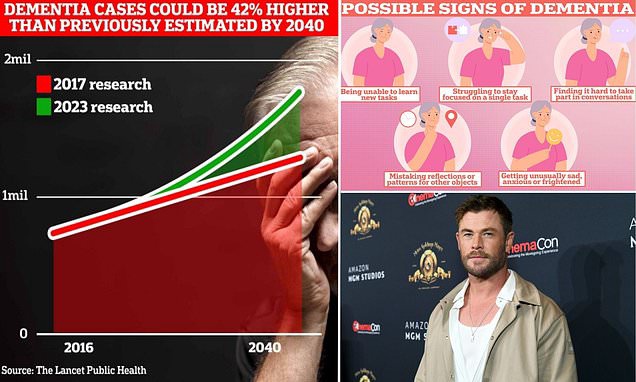Overview
- Researchers tracked transport habits and health outcomes for 479,723 UK Biobank participants from 2012 to 2025 to assess dementia incidence over 13 years.
- Participants relying on cars, buses or trains for daily travel had higher rates of dementia diagnoses than those who regularly cycled.
- Cycling was associated with a 22 percent reduction in Alzheimer’s disease risk and a 40 percent lower rate of young-onset dementia among under-65 cyclists.
- Frequent cyclists retained greater hippocampal volume, suggesting enhanced preservation of the brain region crucial for memory and learning.
- Researchers suggest that physical exertion, improved cerebral blood flow, reduced inflammation and navigational challenges underpin cycling’s protective impact, even among APOE-e4 gene carriers.



